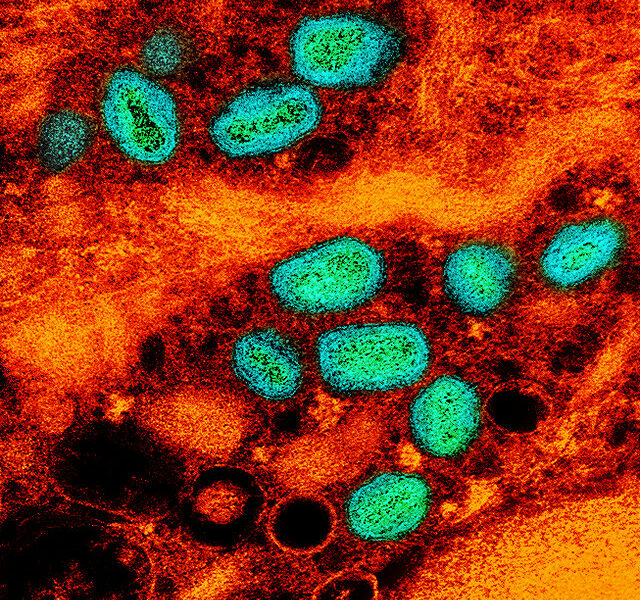Doctors recently discovered an antibiotic-resistant case of pertussis in an infant in Lyon, France. The child, an 18-day-old, arrived at Hôpital Femme Mère Enfant with a cough that had lasted for two days, where she tested positive for the bacteria that cause pertussis, Bordetella pertussis.
Pertussis, also known as whooping cough, is a bacterial disease that is highly contagious. It infects the respiratory system, causing a severe cough that mimics a “whoop” noise. The disease is spread when an infected person coughs or sneezes and the bacteria moves through the air.
At first, doctors determined that the bacteria were not resistant to antibiotics, and the infant was given regular treatment with the antibiotic azithromycin. However, her cough persisted and doctors discovered that the bacteria had become resistant to the treatment, meaning that the antibiotics were not able to destroy the bacteria.
It is likely that the bacteria became resistant to drugs because the child was sick for so long and the bacteria had time to evolve.
The patient remained in the hospital for a month until her symptoms abided.
Experts are concerned that if antibiotics fail to destroy the bacteria because of resistance, pertussis may cause more serious complications and deaths.
Drug-resistant pertussis has not been identified in France since the 1940’s. Experts will continue to research how pertussis bacteria develop resistance over the course of a person’s illness.
The CDC recommends that everyone who is able be vaccinated against pertussis. Children receive the Dtap vaccine, and adults receive the Tdap vaccine. By getting vaccinated, people protect themselves, and others, from getting and transmitting the bacteria.

